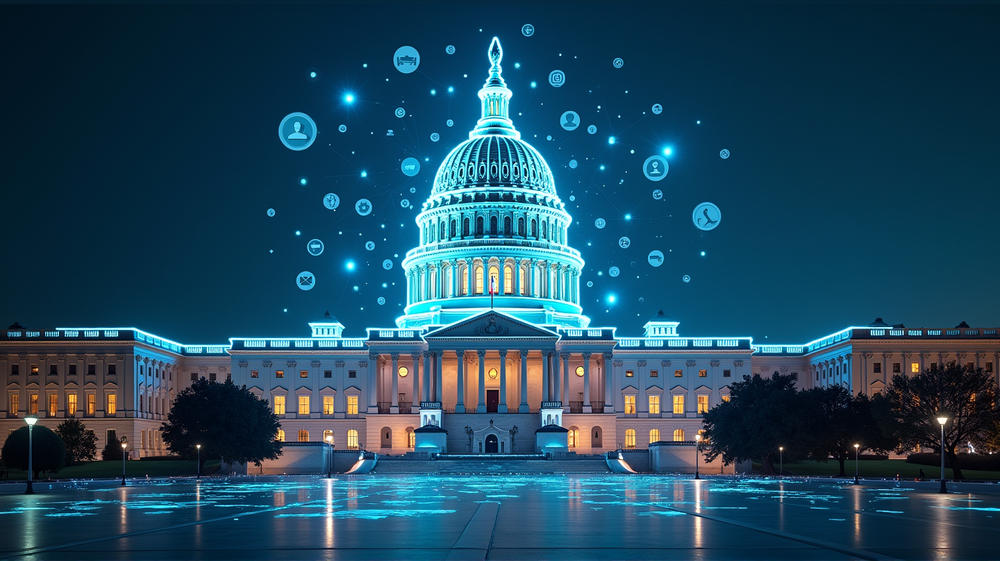The latest legislative proposal by Congress seeks to introduce a preemption bill that would override state laws concerning artificial intelligence regulation, echoing the infamous Section 230—a legal provision that has long shielded social media giants from accountability. This potential act of federal legislation has sparked an intense debate, as it could effectively dismiss the emerging state-level efforts aimed at curbing AI-related harms.
Section 230 Redux: Learning from the Past
Section 230 of the Communications Decency Act famously granted almost blanket immunity to online platforms for content posted by their users. The consequences of this measure have unfolded over decades, paving the way for unchecked toxic content, the rampant spread of misinformation, and the proliferation of exploitative social media environments. Similarly, the proposed AI preemption bill may continue this trend, shielding tech companies from liability while stifling state efforts to enact necessary safeguards.
Child Safety Concerns Resurface
Reflecting on past outcomes under Section 230, concerns for child safety in the digital space are more pertinent than ever. Parents have expressed grave concerns over AI tools negatively impacting children’s mental health, sometimes leading to severe outcomes such as self-harm. The potential preemption of state regulations that aim to protect children could lead to a repeat of these alarming scenarios with newer AI technologies.
Protecting Election Integrity
Historically, social media platforms empowered disinformation campaigns, threatening democratic processes. Now, AI technologies like deepfakes and voice clones pose an even greater risk. State legislators have been proactive in addressing these challenges through specific laws designed to protect electoral integrity. However, a federal preemption bill could dismantle these defenses, leaving elections vulnerable to AI-enhanced manipulation.
Accountability and Consumer Rights
The push for AI preemption threatens to reinforce the barriers that prevent victims of tech-related harm from seeking justice. Survey data reveals a widespread public desire for holding AI companies accountable, with a significant majority supporting the notion that these entities should bear responsibility for the repercussions of their technologies.
A Call for Thoughtful Regulation
For legislation to genuinely reflect pro-innovation values, it must balance encouragement for innovation with accountability and safety. Instead of repeating past regulatory failures, Congress should aim for a pragmatic approach that preserves the authority of states to address local harms while establishing a robust federal framework that sets enforceable AI standards.
A Path Forward
Recent congressional activities have demonstrated bipartisan reluctance to embrace broad preemption strategies. The lesson from the Section 230 era points toward the need for responsible, risk-aware innovation supported by transparent and enforceable rules.
By fostering an environment where responsible innovation thrives alongside accountability, we can avoid the pitfalls of immunity-centric regulations and ensure a safer, more trustworthy AI future.
According to Tech Policy Press, this potential legislation may replicate past mistakes while undermining ongoing state efforts to regulate AI more effectively.













